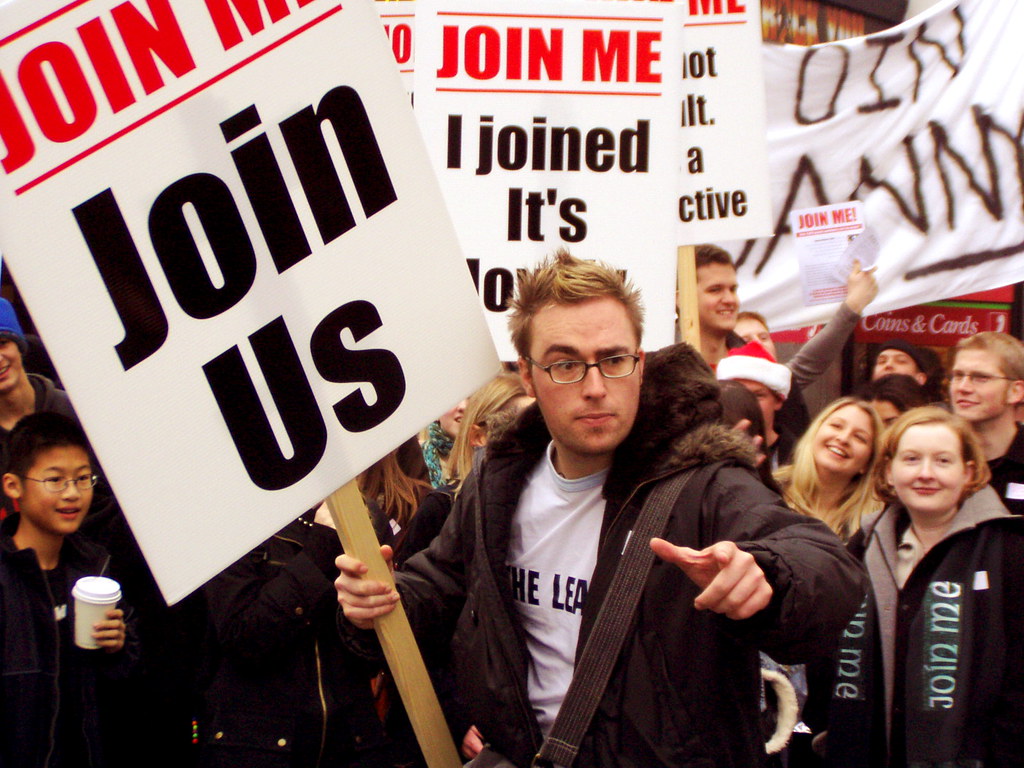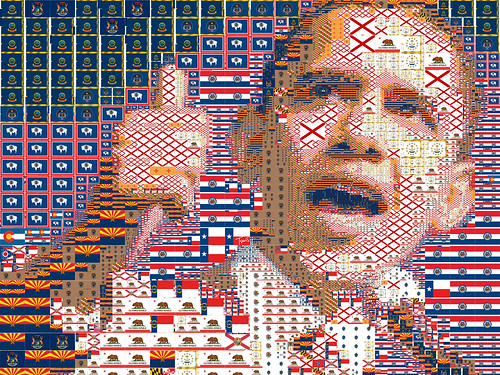Many of you will by now know I work for Brando-Digital. And when our site goes live (in a few short days now) you'll find more defining, and refining, the following there.
But in the meantime, I'd be really greatful if you'd take a look at this slidedeck (just five slides in total - and just three key ones), and let me know what you think.
What I've tried to do in this deck is really simplify what we're about. Collectively we've been working on our service offering (we're a full service social media outfit with everything from simple online PR to board-level strategic advice on offer and pretty much all stations in between; viral, blogger outreach, engagement strategies etc).
That's the strategic 'What' side covered.
We've also got the tactical stuff nailed (the How).
But the way we've arrived at both is by discovering our 'Why' first. Most businesses either forget or never bother working out for themselves why they are in business - other than 'to make money'. A shame, because it's more important than strategy. It's what defines your strategy.
What gets you out of bed in the morning, what do you want to do to change the world, what's wrong and needs fixing? These are the kind of questions that can tease out your 'Why'.
It's what gives a business its purpose.
Mark Earls always likes to dig this out of people and organisations and I follow his lead in this. In fact what I'm working towards is a combination of
Mark's Herd thinking and my own communities of purpose. A double-purpose whammy!
I hope the result is compelling. I believe in it.
Our purpose is to bring people together around things they care about - in communities of purpose. We want to do that because communities of purpose create great value for everyone involved. They find each other, talk to each other and act together to create change that matters to them.
And because we believe that's important, we think that makes us better at delivering our tactics and creating our strategy - because all of it grows from our Why, to our Purpose. There is a reason we do everything we do - and it goes beyond money.
So, maybe now go take another look at that slidedeck? Tell me what you think?
Over the coming weeks, through our
Brando-Digital website, you'll come to discover the rest of the team, their take on all this (the above is entirely my own interpretation, not an official nailed down, it shall-be-for-all-time mission statement or similar) and our approach to opening silos and sharing - to engaging
the power of the network in the way we work and in who we are.
BONUS LINK:
The Social Media Play Book.



![Reblog this post [with Zemanta]](http://img.zemanta.com/reblog_e.png?x-id=6c2e3f02-924d-4dea-a24a-f70b811c362f)

![Reblog this post [with Zemanta]](http://img.zemanta.com/reblog_e.png?x-id=47fad4fa-6057-4789-9963-bb38564411ef)

![Reblog this post [with Zemanta]](http://img.zemanta.com/reblog_e.png?x-id=99835c4b-7e4f-422b-bdee-72e40d512791)
![Reblog this post [with Zemanta]](http://img.zemanta.com/reblog_e.png?x-id=dd5901d5-a715-402b-b55a-519226ab41ce)

